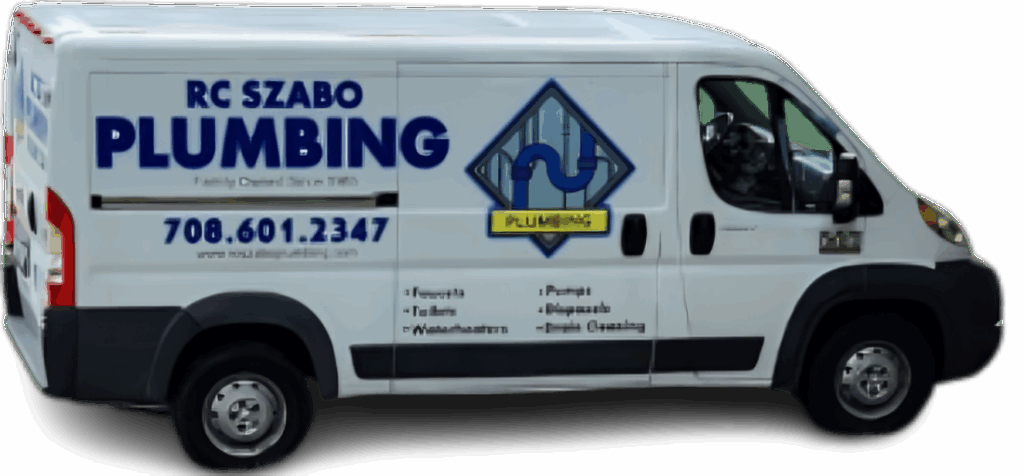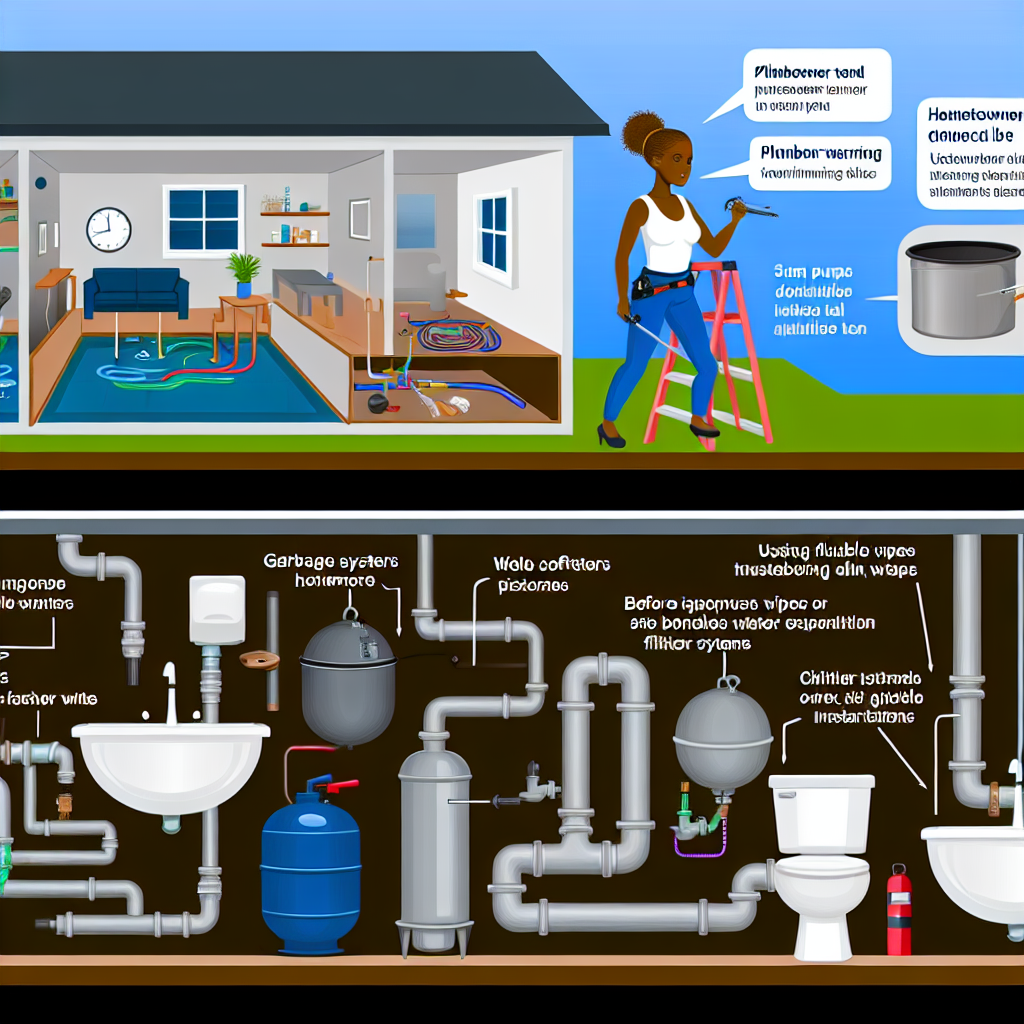Finding a Trustworthy Plumbing Contractor Is Harder Than It Looks
Whether you’re a homeowner replacing an old water heater, a contractor overseeing a multi-unit build, or a property manager dealing with recurring tenant issues—finding the right plumbing contractor is crucial. One wrong hire can lead to subpar workmanship, costly code violations, and even flooding damage.
With so many self-proclaimed “experts” out there, how do you separate the pros from the posers?
This guide delivers essential plumbing contractor selection tips backed by industry standards and years of field experience. We’ll cover what questions to ask a plumber, key credentials to look for, red flags, and how to get the most value from bids—not just the lowest price.
What to Ask Before Hiring a Plumbing Contractor
1. Are You Licensed, Bonded, and Insured?
The best defense is due diligence. A licensed plumber proves they’ve met local requirements and passed a state exam. Bonding covers damage or incomplete work, and insurance shields you from liability if someone gets injured on your property.
Ask to See:
- State-issued plumbing license
- Liability insurance certificate
- Surety bond paperwork
If they hesitate—walk away.
2. Do You Provide Written Estimates?
Verbal quotes are a red flag. A reputable contractor will provide a detailed written estimate that breaks down:
- Labor costs
- Material expenses
- Permit fees
- Contingency line items
Beware of quotes that are overly vague or unusually low. A too-good-to-be-true bid often ends up ballooning with surprise charges mid-project.
3. Who Will Actually Be Doing the Work?
Some larger firms sub out their plumbing tasks or send junior apprentices instead of qualified journeymen. This can impact quality, timelines—and safety.
Clarify:
- Will the person quoting the job also be on-site?
- What certifications do the crew members hold?
- How long have they been with the company?
Make sure you’re comfortable with the experience level of the actual installers.
4. How Do You Handle Permits and Code Compliance?
Every plumbing project must follow municipal or county plumbing codes. Some jobs, like water heater replacement, repiping, or sewer line installation, require permits and inspections.
A legitimate contractor will:
- Pull all necessary permits
- Request and attend inspections
- Guarantee their work meets local codes
If they’re telling you, “You don’t need a permit,” that’s a major red flag.
5. What Is Your Warranty Policy on Workmanship and Products?
Ask how long the warranty covers:
- Labor (standard is 1–2 years)
- Manufacturer parts (varies by brand)
Ensure all warranty terms are in writing and included in your contract. Avoid companies that offer no warranty protection at all.
6. Can You Provide References or Portfolio Examples?
References are your front line of defense against scams and shoddy work. Request 2–3 contactable past clients and be sure to ask:
- Was the job on time and on budget?
- Did anything go wrong, and how was it handled?
- Would you hire them again?
Some contractors even provide before-and-after photos of plumbing remodels or new construction installations, which is a major plus.
7. What’s Your Response Time for Emergencies?
You never know when you’ll need urgent help. Whether it’s bursting pipes or a failed sump pump, quick response is critical.
Ask About:
- 24/7 emergency services
- Extra costs for after-hours calls
- Typical response time during busy seasons
For property managers and contractors, this level of service can make or break tenant trust and building integrity.
Contractor Red Flags That Signal Trouble
Even if a plumber checks most boxes, be wary of these common red flags:
- Cash-only payments: May indicate lack of proper licensing or tax evasion.
- No contract offered: Always insist on a signed, detailed agreement.
- Pushes you to skip permits: You’re left liable if work fails inspection.
- High-pressure sales tactics: Give yourself time to consider options.
- Negative or no online reviews: Might be new or hiding a shady past.
Comparing Bids the Smart Way: Value vs. Price
Going with the lowest bid may cost you more long term if the work fails.
Here’s how to compare competing plumber quotes beyond the price tag:
| Criteria | Contractor A | Contractor B | Contractor C |
|---|---|---|---|
| License & Insurance | ✅ | ✅ | ❌ |
| Written Estimate | 📄 | 📄 | ❌ |
| Work Warranty | 2 Yrs | 1 Yr | None |
| Quality of Fixtures | High | Medium | Low |
| Completion Timeline | 3 Days | 5 Days | 6 Days |
| Price | $3,900 | $3,200 | $2,750 |
Even if Contractor C is cheapest, missing insurance and using low-quality parts isn’t worth the risk. A well-balanced bid like Contractor A provides both peace of mind and project longevity.
Vetting a Local “Plumber Near Me”: Final Checklist
Before signing that contract, run through this local vetting checklist:
- ✅ Confirm local licensing & insurance
- ✅ Request and verify references
- ✅ Check BBB profile and Google reviews
- ✅ Ask about subcontractors and who’s on the job
- ✅ Review contracts and warranty info
- ✅ Get multiple detailed bids
- ✅ Ensure permit and inspection plans
Call to Action: Don’t Gamble on Your Plumbing Project
Hiring the right plumbing contractor isn’t just about saving money—it’s about protecting your home, your tenants, and your peace of mind. Whether you’re planning a full plumbing renovation or need urgent repair services, doing your contractor homework pays off.
➡️ Want our FREE downloadable “Plumbing Contractor Vetting Checklist”? Click here to download
Or…
Still vetting pros? Reach out today for licensed, insured, and reviewed plumbing specialists near you. Request a Quote Now – Fast response. Transparent pricing. Quality guaranteed.




